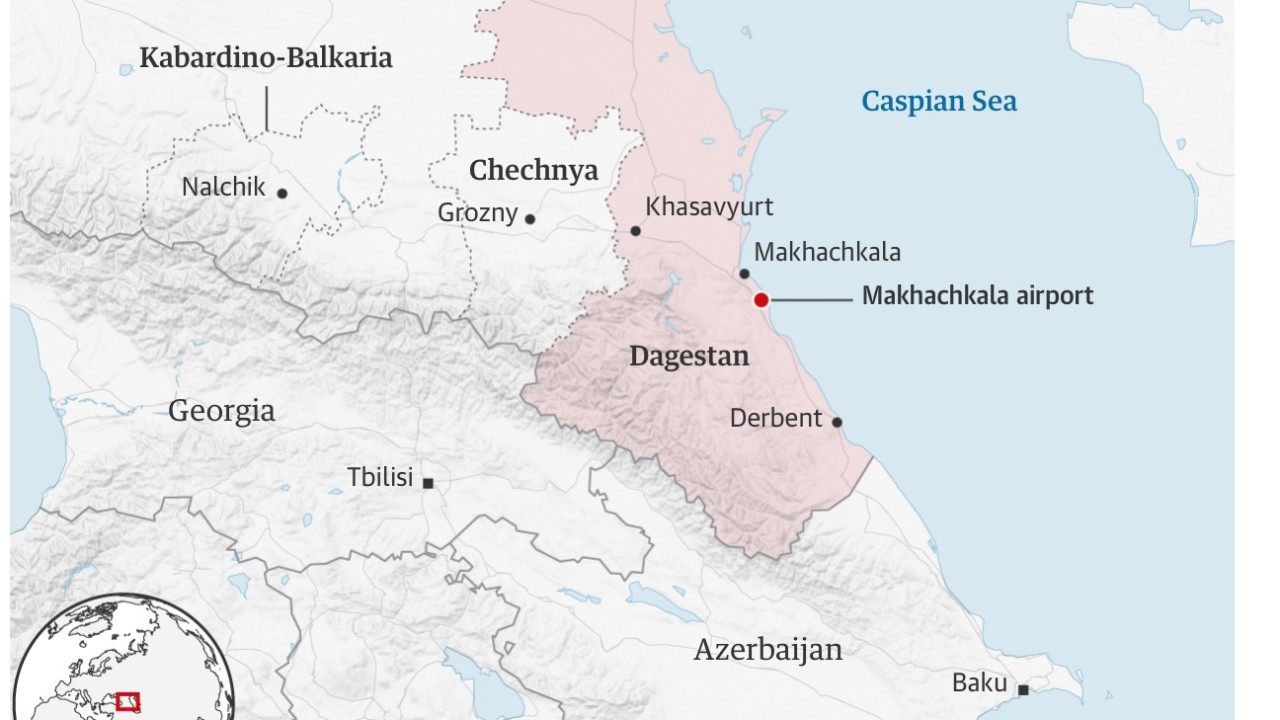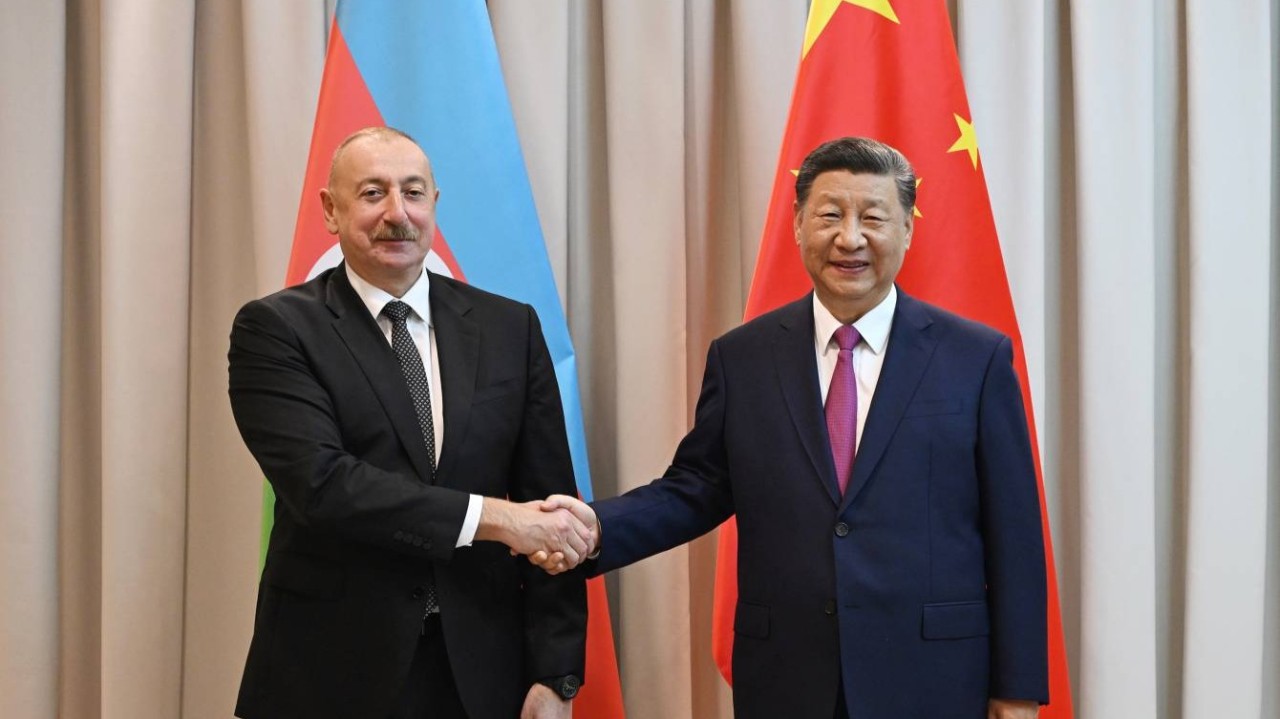Leading this week
This week’s Azerbaijan Brief examines Baku’s evolving energy sector. How is Azerbaijan adapting to shrinking gas reserves? How will Baku maintain its export commitments? What is Azerbaijan’s game plan for the strategic sector?
Since Moscow’s invasion of Ukraine, Azerbaijan has sought to promote itself as an alternative energy supplier to Russia, particularly across Europe. Baku often touts its ample gas reserves and capacity to service European markets. (In July 2022, Azerbaijan and the European Union reached a landmark agreement to double Azerbaijani gas exports to Europe to 20 billion cubic meters a year by 2027.) But a close examination casts doubt on Baku’s energy prospects.
Amid declining energy reserves, Azerbaijan is increasingly importing natural gas to satisfy local demand and meet export commitments. In recent years, Azerbaijan has struck energy deals with sanctioned Russian energy giant Gazprom to offset gas shortages. (Azerbaijan has long been considered a laundry for Russian oil.) Baku is also importing Turkmen gas via a swap arrangement with Iran to meet its growing energy demand.
Logistical challenges are also poised to dim Azerbaijan’s short-term energy ambitions. The sole route through which Azerbaijani gas reaches Europe is the Trans Adriatic Pipeline (TAP) gas pipeline, with an annual capacity of only 10 billion cubic meters. Currently, the pipeline transports approximately 8.1 billion cubic meters (bcm), nearly reaching full capacity. Last year, the consortium that manages TAP announced plans to double capacity to 20 bcm per year. But this expansion will require significant, yearslong technical upgrades and financial investment.
In fact, experts suggest that Azerbaijan may only be able to satisfy its EU commitments within five to seven years. And even this expanded capacity would only satisfy a small portion of European energy demands.
Despite mounting signs of gas woes, Baku continues to obfuscate, promoting itself as a reliable, secure energy supplier. In February 2023, during the 9th Southern Gas Corridor Advisory Council Ministerial Meeting, Aliyev spuriously declared, “With respect to natural gas resources, I many times already said that we have natural gas reserves, which will be enough for us and our partners for at least 100 years.”
What we are watching
Green energy diplomacy. Azerbaijan is aggressively positioning itself as a green energy exporter amid its declining gas reserves. Over the last year, green energy has become a central plank of Azerbaijan’s foreign policy engagement. And in recent months, Baku has conducted dozens of meetings with foreign partners (i.e., the United Arab Emirates, Saudi Arabia and Israel) around renewable energy cooperation.
In particular, Baku has prioritized green energy cooperation with the European Union. (As our readers know, Azerbaijan has long leveraged its energy resources to gain sway with Western capitals.) Among other initiatives, Azerbaijan is poised to provide electricity to EU members (i.e., Romania and Hungary) via the Caspian Sea-European Union Green Energy Corridor.
Renewable infrastructure. To reach its ambitious clean energy goals (30 percent renewable energy by 2030), Azerbaijan is rapidly developing green energy infrastructure. (Despite lofty claims, experts question whether Azerbaijan will be able to meet this target.)
According to a recent World Bank report, Azerbaijan’s green energy “transition” is stalled. Despite a flurry of new initiatives, genuine progress remains sluggish. And to date, Azerbaijan’s has relied on foreign companies (i.e., the United Kingdom, United Arab Emirates and Saudi Arabia) to develop its major renewable projects.
The 230MW Garadagh Solar Power Plant, established in partnership with Emirati renewable energy company Masdar, has received particular attention. The project is poised to generate half a billion kilowatt hours of electricity annually. And last year, Masdar, which recently opened a permanent office in Baku, expanded its footprint in Azerbaijan. The Emirati firm struck a deal with Azerbaijan’s SOCAR and Saudi energy giant ACPA Power to develop 500MW of renewable energy projects in Nakhichevan.
Earlier this week, Azerbaijani Energy Minister Parviz Shahbazov also announced that Azerbaijan will start building four clean energy facilities in 2024. These include two solar and two wind power plants. (Baku has also launched a network of green energy initiatives in occupied Artsakh. The Aliyev regime established the Green Energy Zone in Artsakh in 2021.)



